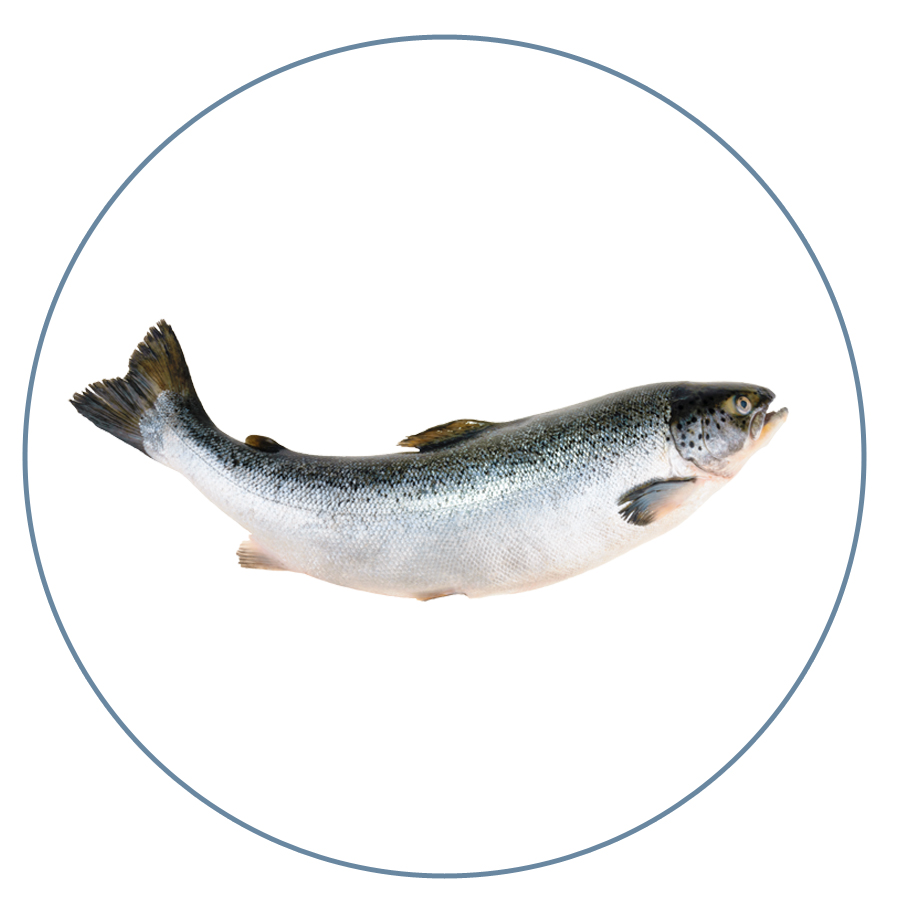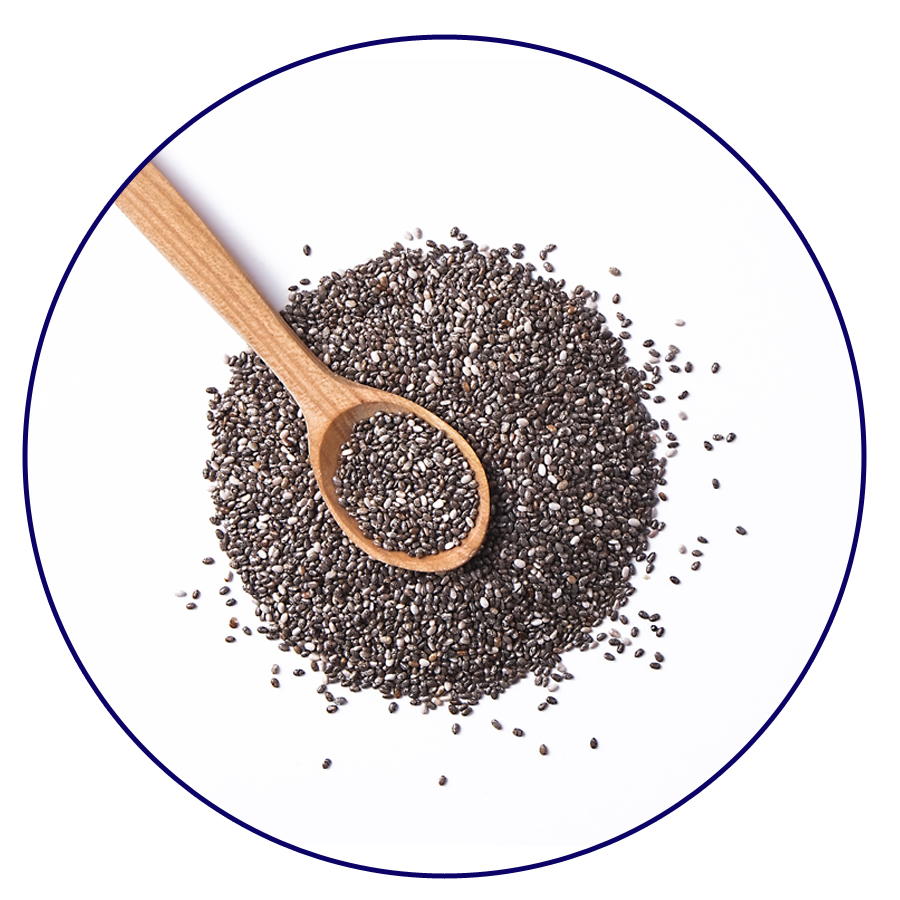
A MESSAGE FROM ANTHONY B. NESBURN, DEF PRESIDENT & MEDICAL DIRECTOR
The world is being held hostage by coronavirus (COVID-19). The number of cases and deaths are climbing everyday. Scientists and pharmaceutical companies are working feverishly to create a vaccine, but it is at least a year away. There is also hope that existing FDA-approved drugs, such as hydroxychloroquine and azithromycin, may be able to ameliorate the disease and prevent deaths. These need to be tested now—see below.
During this emergency, DEF Research Director Dr. Cristina Kenney’s laboratory is applying the knowledge gained from her work on age-related macular degeneration to join the search for drug(s) that may be an immediate bridge to treat COVID-19.
Much of Kenney’s research focuses on mitochondria, which play a vital role in disease and death from infections such as COVID-19. Mitochondria may help explain the severity of disease and response to treatment in different ethnic populations and age groups.
Kenney will focus on two crucial COVID-19 studies using her unique laboratory systems:
- Determine which promising experimental treatments for COVID-19 patients are most likely to benefit which patients.
- Determine the role of mitochondria in susceptibility to severe COVID-19 disease and death in different ethnic/racial populations and age groups.





 Some studies have found that fish oil can reverse dry eye, including dry eye caused by spending too much time on a computer.
Some studies have found that fish oil can reverse dry eye, including dry eye caused by spending too much time on a computer.
 Citrus fruits are rich in vitamin C. Just like vitamin E, vitamin C is an antioxidant that is recommended to fight age-related eye damage.
Citrus fruits are rich in vitamin C. Just like vitamin E, vitamin C is an antioxidant that is recommended to fight age-related eye damage.


 Beef is rich in zinc, which has been linked to better long-term eye health. Zinc can help delay age-related sight loss and macular degeneration.
Beef is rich in zinc, which has been linked to better long-term eye health. Zinc can help delay age-related sight loss and macular degeneration.
 It may come as no surprise that a fluid essential to life is also vital to eye health.
It may come as no surprise that a fluid essential to life is also vital to eye health.